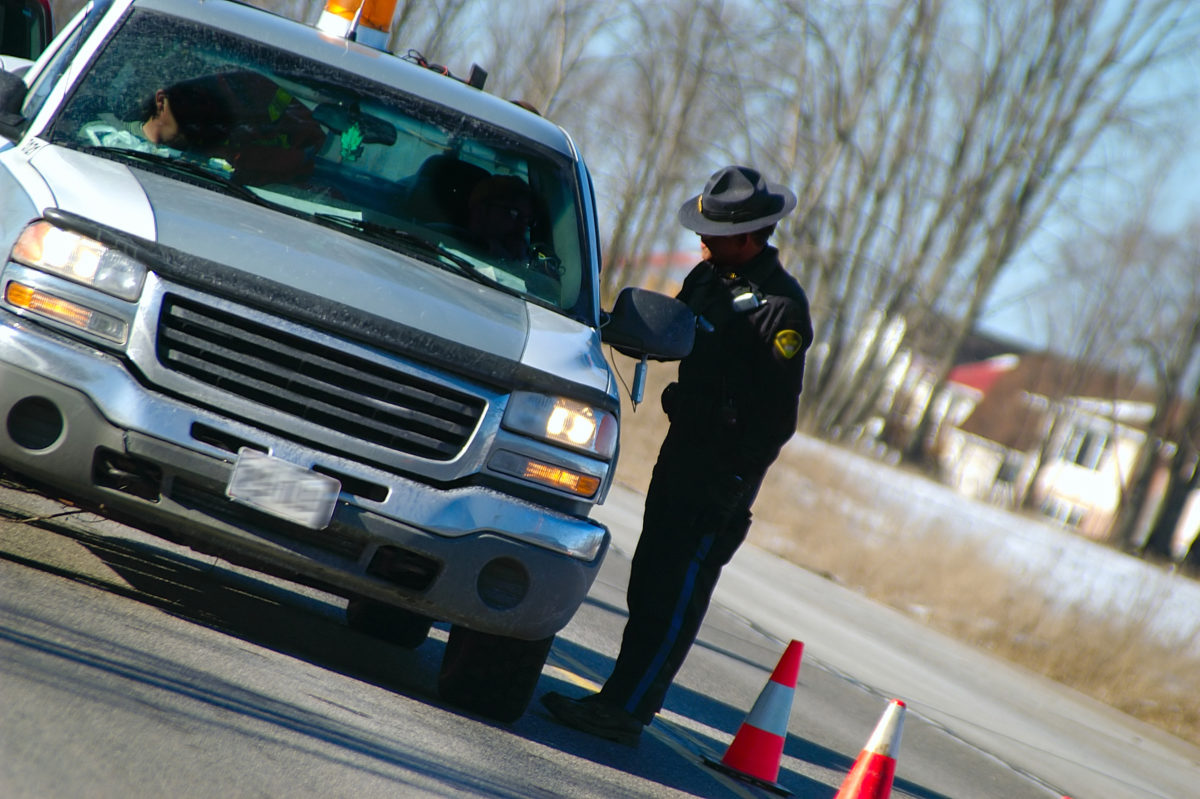Can You Be Too Drunk to Consent to BAC Tests?
A controversial court decision in Georgia could lead to dramatic changes in DUI laws around the country. The decision involves a DUI arrest and when drivers can voluntarily “consent” to chemical tests of their blood-alcohol content (BAC) levels.
Under “implied consent” laws, if you are lawfully arrested for DUI, law enforcement will be able to administer blood or breath tests to determine your BAC level without receiving your consent. However, implied consent only applies after you are placed under arrest. In many cases, police will ask you to voluntarily submit to a chemical test before you are arrested. But when can you give consent? What if you are too drunk to voluntarily consent?
Voluntary Consent
The Georgia Supreme Court recently held that in some circumstances, you cannot knowingly give “voluntary consent” to law enforcement to administer BAC tests.1 In the case of John Williams, the court ruled that he was unable to consent “freely and voluntarily under the totality of the circumstances” because he was intoxicated. Even though Williams allegedly consented to chemical testing, the court ruled that his voluntary consent to a BAC test was unconstitutional.2
In reaction to this decision, lower courts have begun refusing the admission of blood or breath test evidence when it is not clear that voluntary consent was obtained. This includes situations where the individual was unable to provide consent because they did not understand that the test was voluntary. Could this decision have a similar impact on the rest of the country?
Like Ripples in a Pond
While the decision was made in Georgia, its result could impact DUI cases in California. The result has already begun reshaping how DUI defense lawyers are thinking about their cases in Georgia. As one Georgia attorney put it, “If a DUI defense lawyer is not raising the ‘Williams Issue’ I frankly think its malpractice.”3
Due to implied consent laws, it is common for people who are accused of DUI to think they never consented to a blood or breath test when the consent was actually implied after being placed under arrest. In this case, saying you were too intoxicated to consent would not be a valid defense. However, it could be a defense your California DUI defense attorney could use if police administered chemical tests before placing you under arrest. If police think you consented to these tests but you weren’t legally able to consent, your attorney may be able to get the results of your BAC tests thrown out as evidence in your case. .
Call the DUI Defense Attorneys at Wallin & Klarich Today
If you have been arrested for DUI, you need to contact a skilled criminal defense attorney right away. There are a number of valid arguments that can be made on your behalf to defend you against these charges. The first thing you need to do is hire an experienced attorney who knows these defenses. At Wallin & Klarich, we have been successfully defending our clients facing DUI charges for over 30 years. We can help you, too.
With offices in Los Angeles, Sherman Oaks, Torrance, Orange County, San Diego, Riverside, San Bernardino, Ventura, West Covina and Victorville, an experienced Wallin & Klarich attorney can help no matter your location.
Call us at (877) 4-NO-JAIL or (877) 466-5245 for a free telephone consultation. We will be there when you call.
1 http://www.ajc.com/news/news/crime-law/georgia-drivers-claim-they-were-too-drunk-to-conse/npBjj/
2 http://law.justia.com/cases/georgia/supreme-court/2015/s14a1625.html
3 Id.


